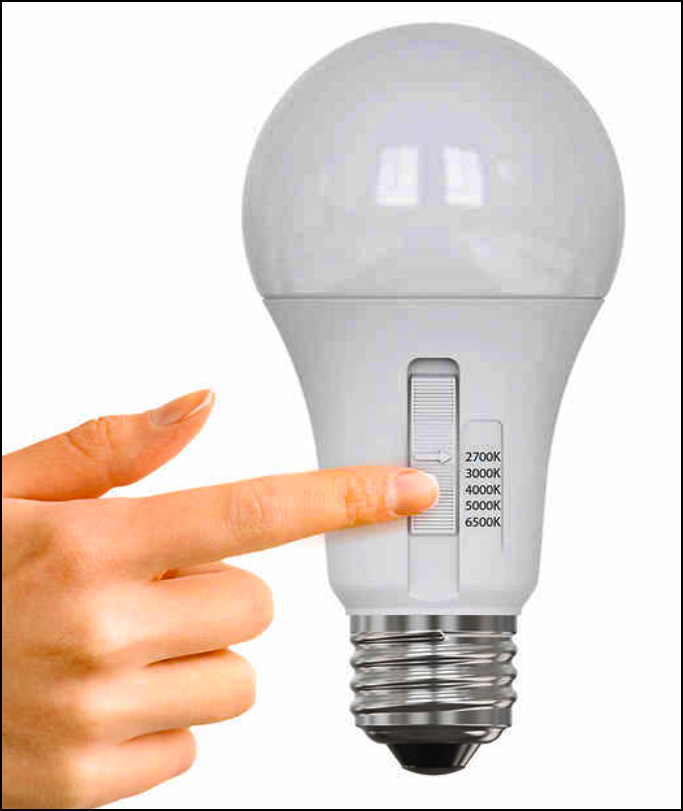Why did Republicans vote down the bipartisan immigration reform bill? Because Donald Trump told them to. However, serious border hawks really did have some substantive complaints as well. Two of them were the most significant.
First, the bill did nothing about President Biden's CHNV parole program, which allows residents of four countries (Cuba, Haiti, Nicaragua, and Venezuela) to apply for temporary two-year residence in the US if they have a sponsor and pass a background check. About 250,000 people entered the US under this program in 2023.
There's nothing complicated about this. You're either for it or against it—though it's worth noting that the immigration bill didn't make things any worse from a hawk's perspective. It just did nothing.
The second issue is more complex and revolves around wording in the bill that says anyone who makes an asylum claim “shall be released from custody.” The complaint about this is that it doesn't merely tolerate catch-and-release for pragmatic reasons, it codifies catch-and-release.
And this is true. But the details are all-important here. Under current law, anyone applying for asylum is supposed to be held in detention. In practice, however, limited detention space means they almost never are. They're released on their own recognizance to wait for their court date, which is often years away.
During this waiting period asylum seekers are monitored by ICE under a program called Alternatives to Detention. The most common version of this requires them to check in periodically using a smartphone equipped with facial recognition technology. In reality, however, ICE tracks only a fraction of asylum hopefuls using ATD monitoring. About 90% are tracked for only a few months and then unenrolled, primarily for budget reasons.
The immigration reform bill changed all this. It created a program called Provisional Noncustodial Removal Proceedings that applies to nearly all asylum seekers. This program does indeed mandate their release while they wait for a decision, but it also mandates the use of ATD monitoring. In addition, it places asylum authority in most cases into the hands of asylum officers, not courts. These officers are required to hold a credible fear interview within 90 days and a final asylum determination within 180 days. The bill allocated about half a billion dollars to hire more asylum officers and asylum judges in order to meet this goal.
In practice, then, the bill is almost entirely hawkish on asylum:
- It raises the credible fear standard so fewer asylum seekers will be allowed in.
- It allocates more money for detention space.
- For those who are nonetheless released, it requires the use of ATD monitoring.
- It provides money for more asylum officers and judges.
- It mandates that final asylum decisions have to be made within six months.
This compares to a current system in which (a) release may not be codified but is almost universal anyway; (b) most released asylum seekers aren't monitored in any way; and (c) they stay in the country for years waiting for a court to decide their fate.
As with anything, you can poke holes in this. How tough will the asylum officers be? Can you guarantee that decisions will really be made in six months? How effective is ATD monitoring?¹
If you want, you can spin this skepticism into a firm belief that the immigration bill would have been worse than the status quo. But for anyone looking at this evenhandedly, it's a tough case to make. The bill's treatment of asylum really does seem clearly tougher than current law. Put this together with everything else the bill does and it's a no-brainer to go ahead and pass it. So why have immigration hawks breathlessly talked themselves into believing it would make things worse?
It's a mystery.
¹This is a surprisingly hard question to answer, but the bulk of the evidence suggests that the absconder rate is low and the court appearance rate is high for asylum seekers who are kept in the ATD program. In other words, it's pretty effective when it's used intensively, but less so when people are released from it.
 ZOMG! What did the palace do?!? Put Kate's head on someone else's body? Broaden her smile in Photoshop?¹ Make up the picture from whole cloth using AI?
ZOMG! What did the palace do?!? Put Kate's head on someone else's body? Broaden her smile in Photoshop?¹ Make up the picture from whole cloth using AI?


